In 2024, Jinghe will continue to forge ahead and remain committed to talent development and cultivation. It will constantly provide new resources for fostering and enhancing the comprehensive qualities of middle and grassroots managers within the company, and offer talent guarantees for the company's sustained growth. The Jinghe Elite Training Class has ushered in a unique training session - "Coaching Leadership: "Turn Employees into capable ones", in the training, the instructor uses a large number of real cases and repeated practical exercises to help everyone achieve clear goals, outstanding results, consolidate partnerships, and stimulate unlimited potential and other benefits.
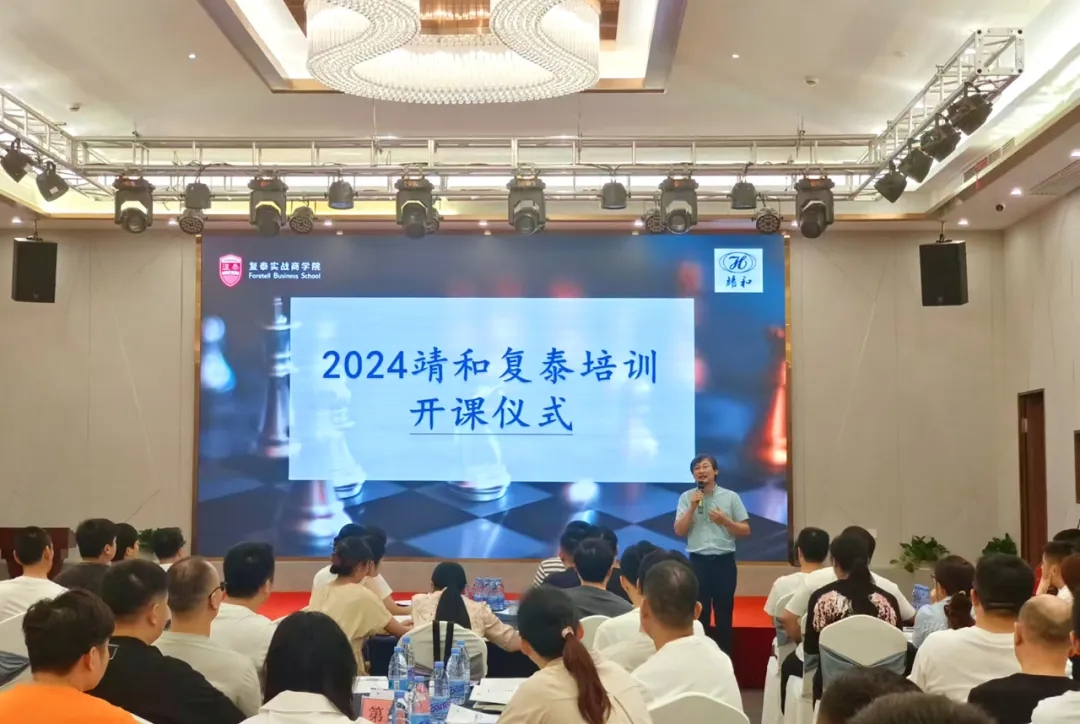
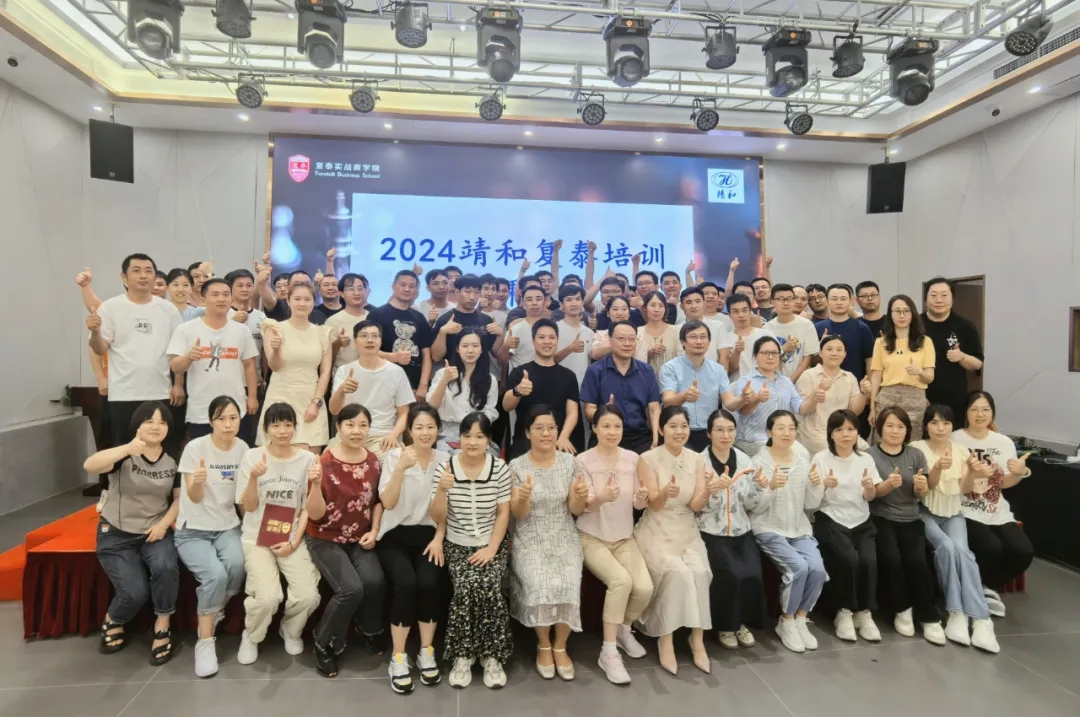
01 The principles of a coach
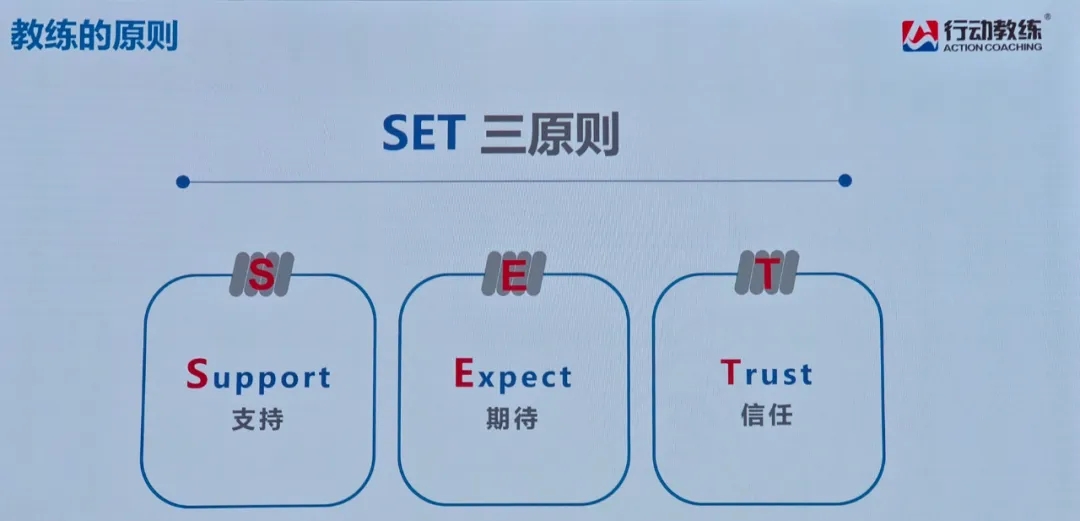
1. Support: The role practice of managers is to cultivate and support employees in taking on more responsibilities, rather than doing the work for them.
2. Expectation: Expect and guide employees to find ways to solve problems. Managers can define problems, but guide employees to find solutions through questioning, and then let employees solve the problems on their own.
3. Trust: A person's behavior may be incorrect, but the motivation behind the behavior is generally positive. It is necessary to identify the positive motivation, discover the potential of employees, and guide them to release it, helping them reach their best state.
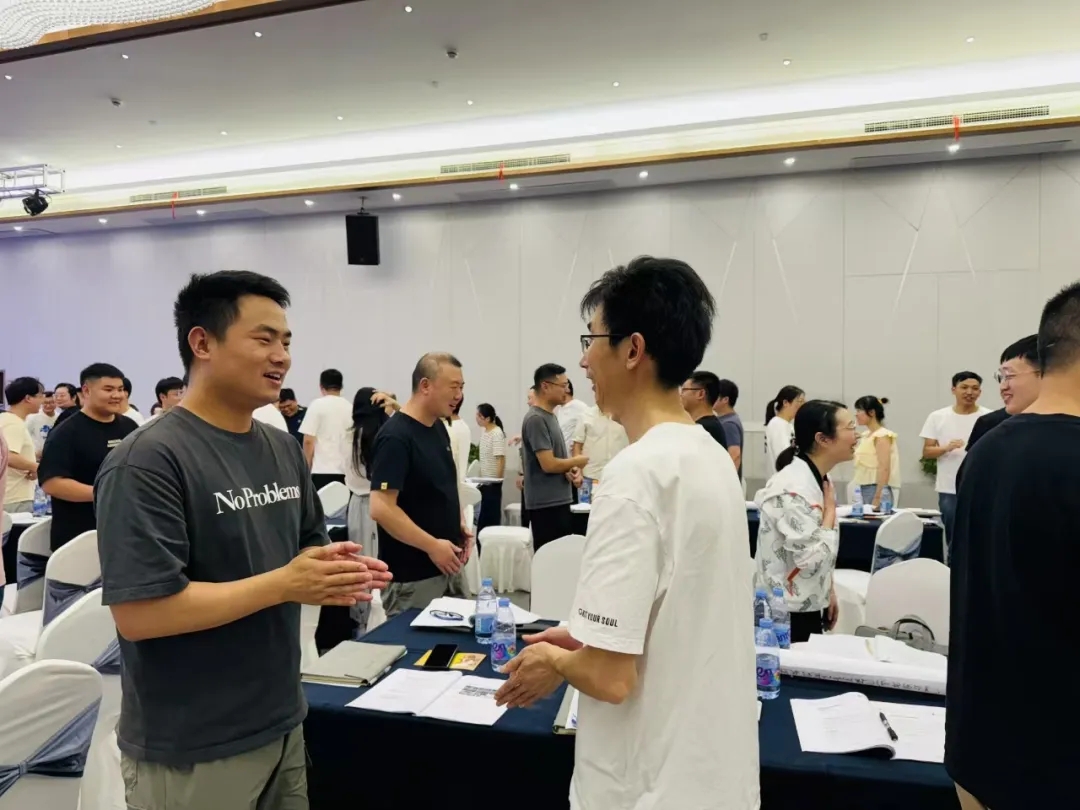
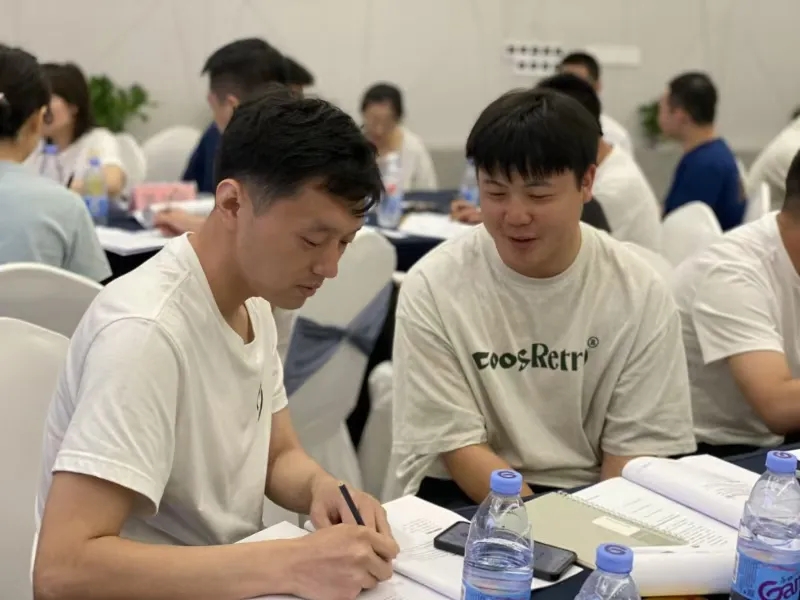
02 Core Competencies of a Coach
Ⅰ Deep Listening: Hear the emotions and needs of employees beyond their words and open their hearts
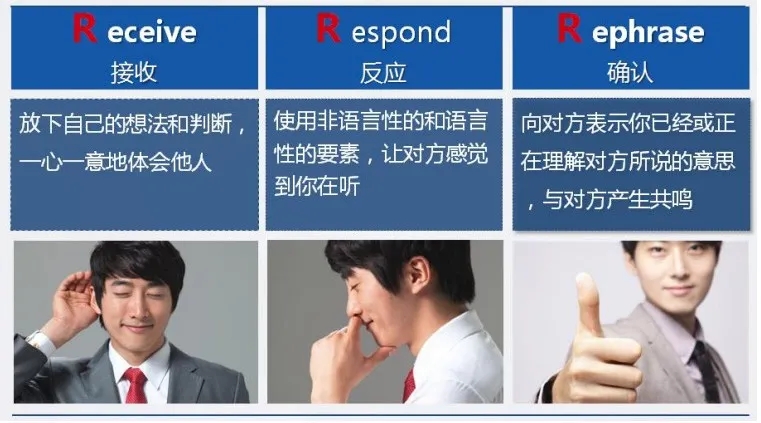
1. When listening, hold on to 4 don 'ts:
Don't suggest: "If you do this..." You will gain great benefits.
Don't comfort: "Oh, you poor fellow..." "
Don't criticize: "A person like you still wants..." "
Don't ask: "When did this situation start?"
As long as these four ways do not occur during the listening process, then you have already got the opportunity for your employees to open up to you.
2. Responses and feedback from deep listening:
Non-verbal feedback
Nodding, smiling, eye contact;
Body synchronization (keep the upper body in sync with the speaker as much as possible);
Record.
Verbal feedback
Replay and repeat the correct words or key words.
3. Confirmation of deep listening:
Emotions: anger, grievance, injustice, etc.
Demand: The genuine need behind the behavior, transforming employees' problems into positive goals, and how to help them achieve these goals.
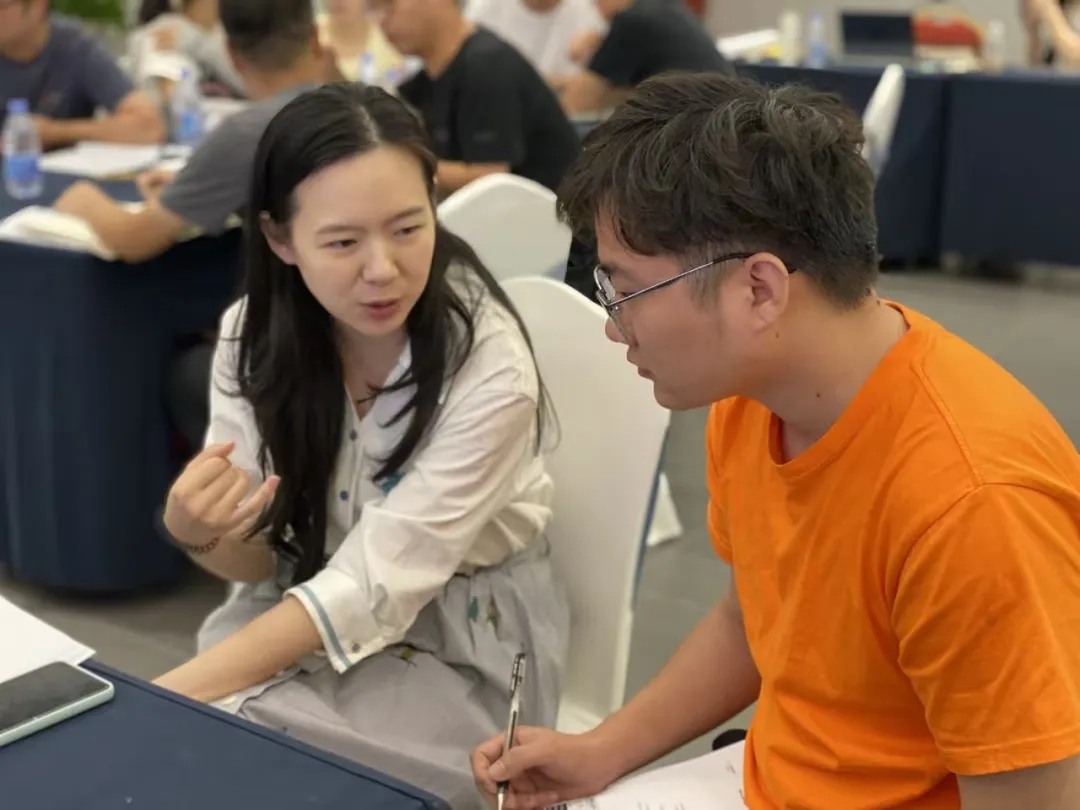
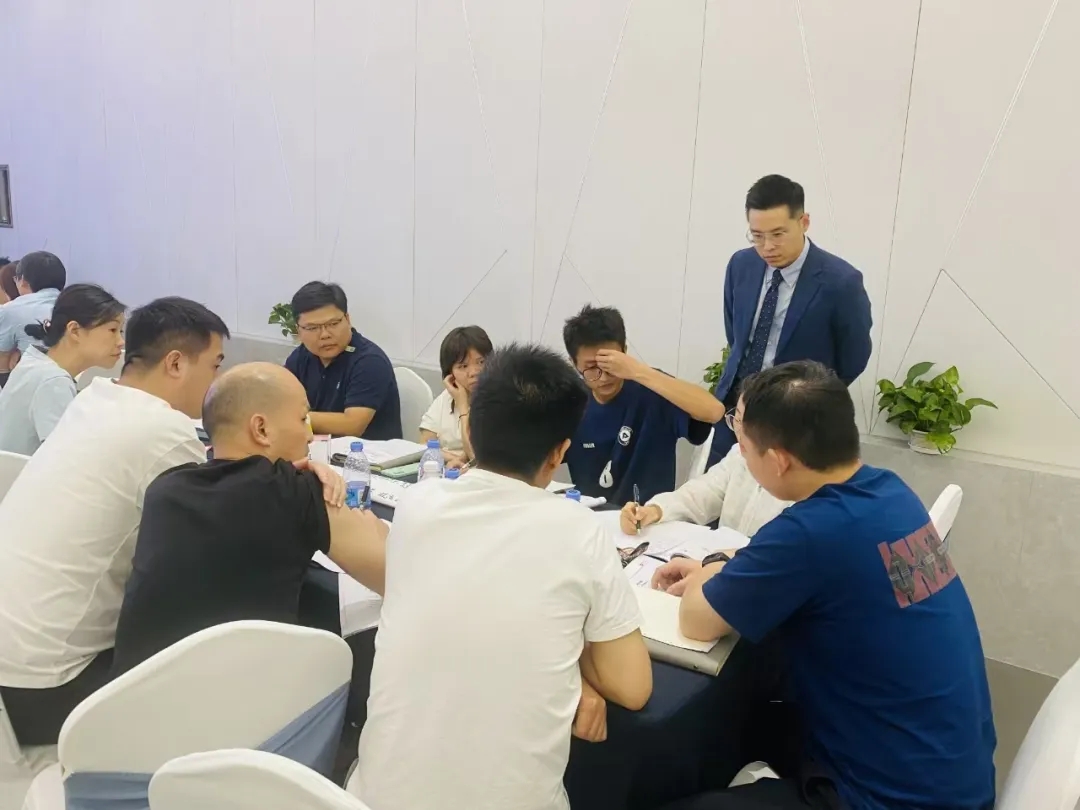
Ⅱ Ask powerful questions: Ask powerful questions towards positive goals to prompt employees to think about the problems they have, help them find solutions on their own, inspire their thinking ability, and enhance their problem-solving skills. Three favorable ways of asking questions:
Open-ended questions:
Example question: "Yuanfang, what do you think?" What else?
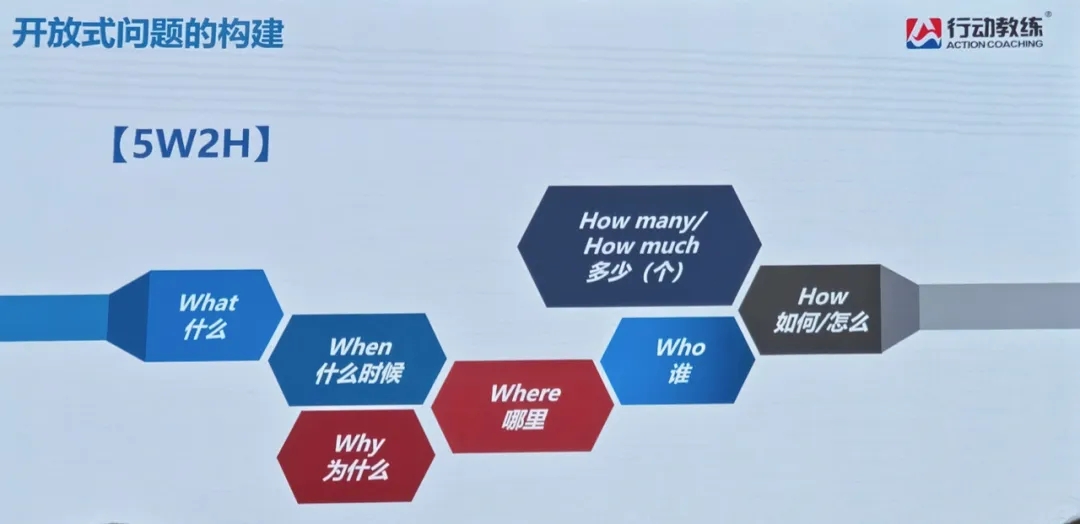
2. Future-oriented questioning: The perspective is clear and it must be about setting a goal.
Question example: "What is it that you want most?"
3. How to pose questions: You can create a "suppose" framework. First, imagine a good outcome, and then think about how to achieve it.
Question example: For questions with standard answers, ask with "Why". Questions without standard answers should be asked with "How".
Ⅲ Effective Feedback: "Feedback" technology is a technique that promotes employees' "actions". It provides positive feedback (BIA) and developmental feedback (BID) to employees' behaviors through language, thereby enhancing their action capabilities.
Positive Feedback (BIA): It is to praise and recognize others, and one should focus on the other person's strengths and advantages.
1. Behavior (B) : Observation without judgment, focusing on specific behaviors;
2. Impact (I) : The current behavior and its influence on future outcomes, clearly stating the value;
3. Appreciation and Gratitude (A) : Appreciation is not appreciation; it is sincere recognition and support.
Developmental Feedback (BID) : For the growth of the other party, indicate the direction for improvement.
1. Behavior (B) : Observation without judgment. The behavior should be more precise and the expression should be direct.
2. Impact (I) : It not only affects others and teams, but also focuses on the impact on him personally;
3. Expectation (D) : Express clear, specific and definite expectations.
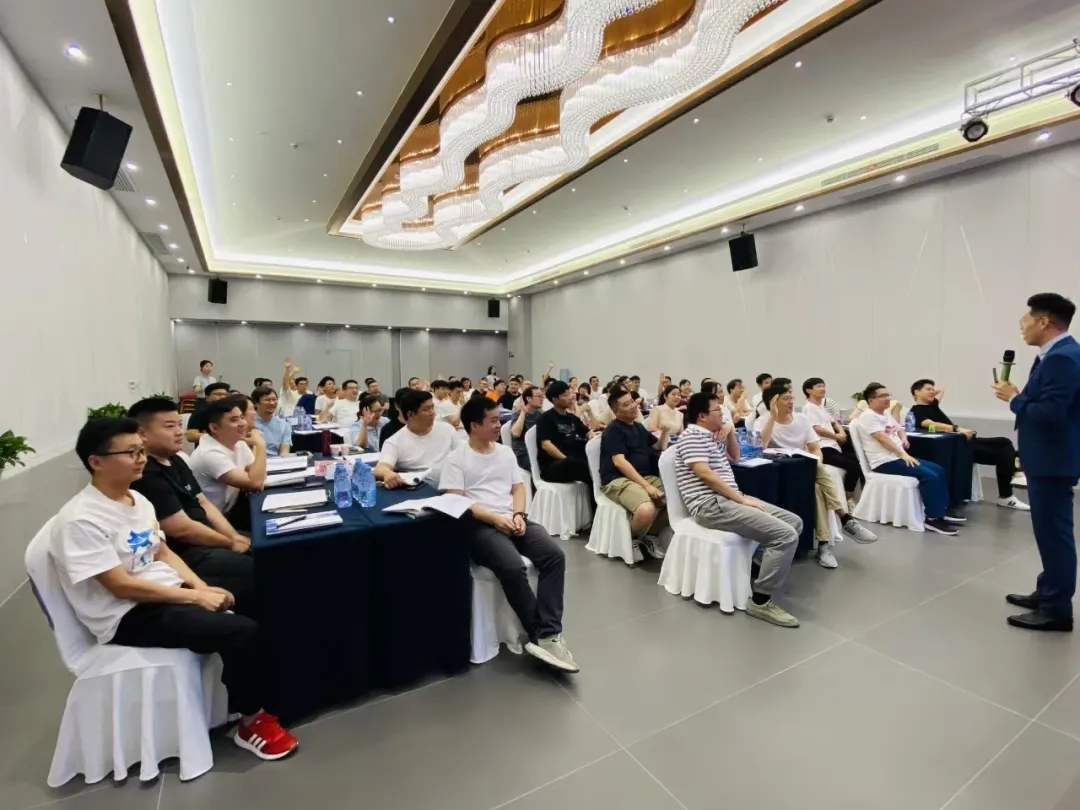
The training process was filled with tension and excitement. Everyone actively participated and vied with each other to answer questions. The group members who spoke could also draw points. In the end, the group with the highest points received a super gift package from the teacher. This was not just a gift package, but the result of all the group members working together towards a common goal.
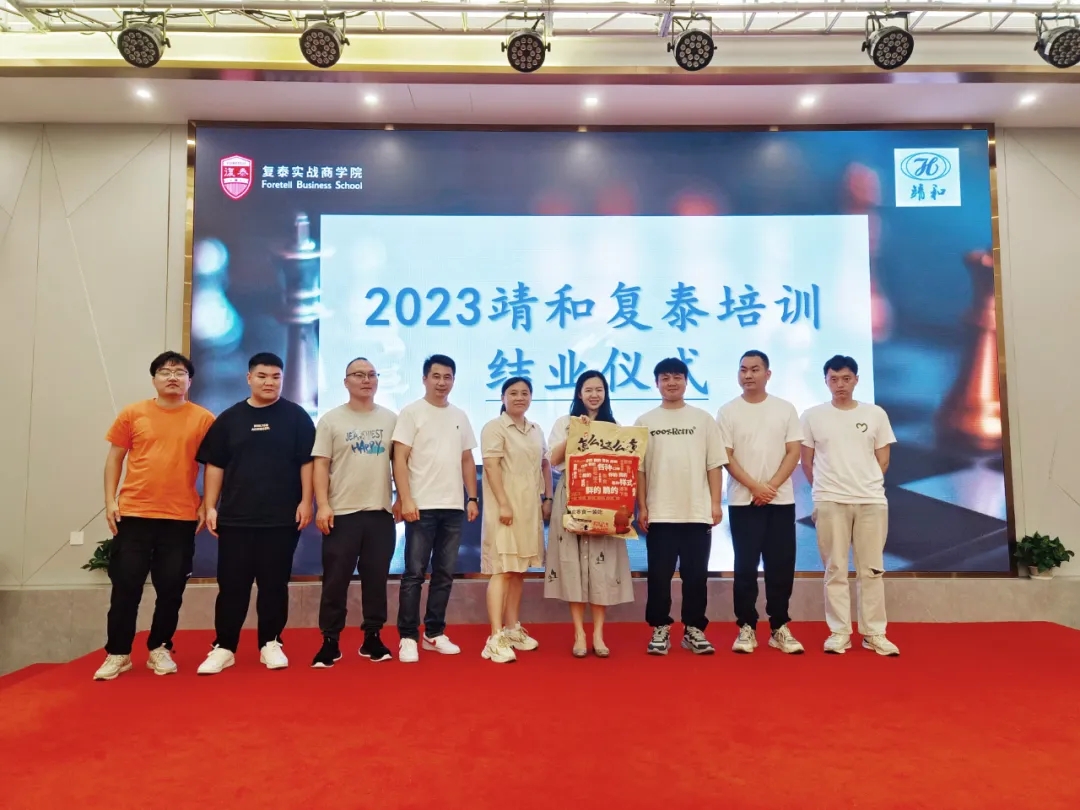
After the training courses on that day ended, we held the 2023 training graduation ceremony, bringing the 2023 training to a successful conclusion and looking forward to the 2024 training. We witnessed that most of the trainees have progressed from having no foundation to systematically mastering management skills, and from being unfamiliar with management knowledge to having a deep understanding. All of this is inseparable from everyone's efforts and perseverance.
Learning Experience Sharing in 2023

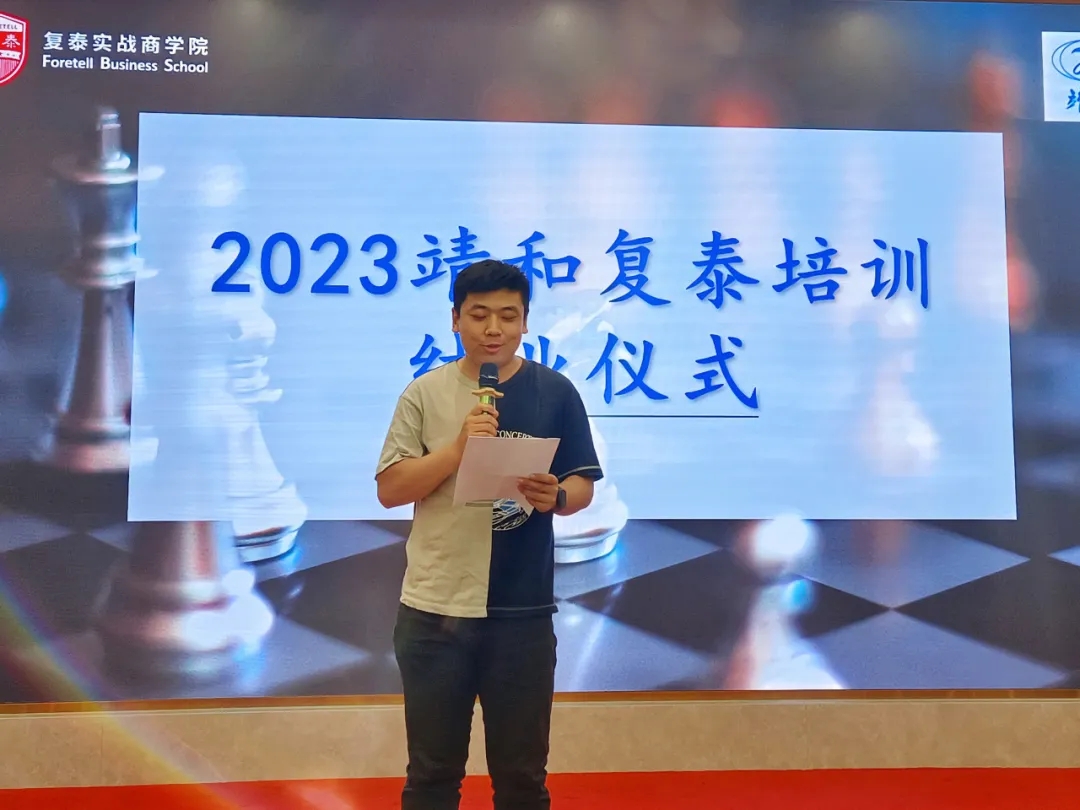
President Zhang of Futai delivered a speech
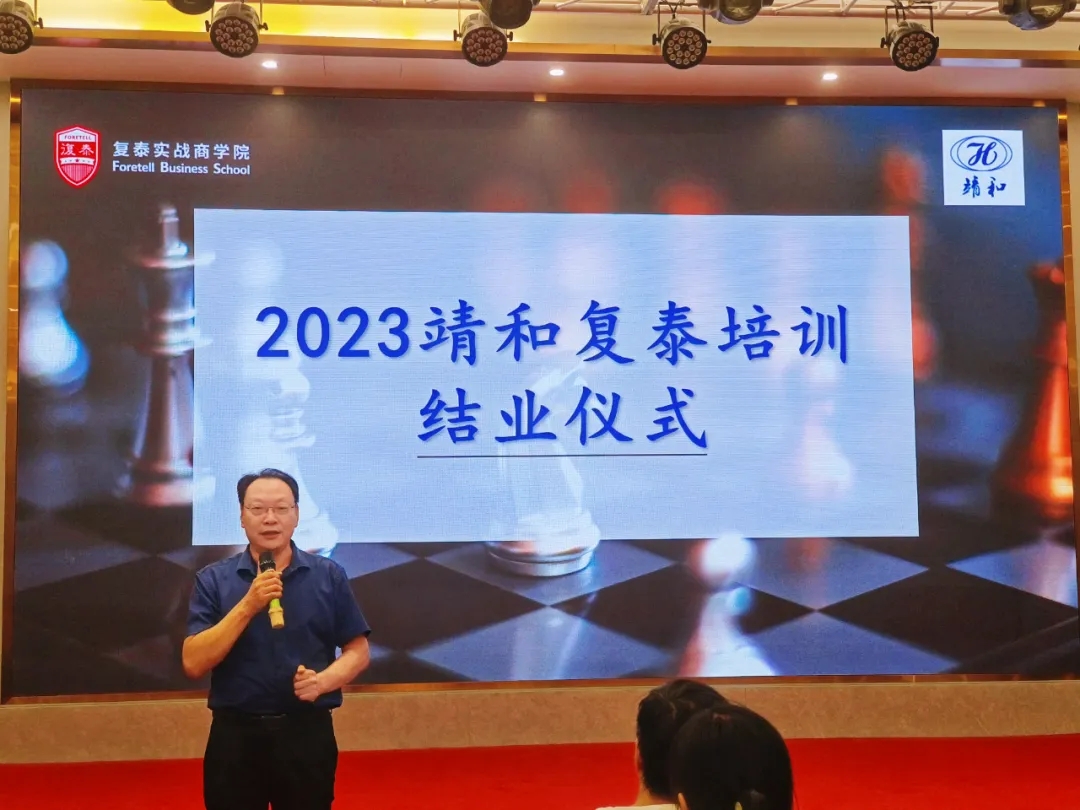
General Manager Jing and Wang delivered a speech
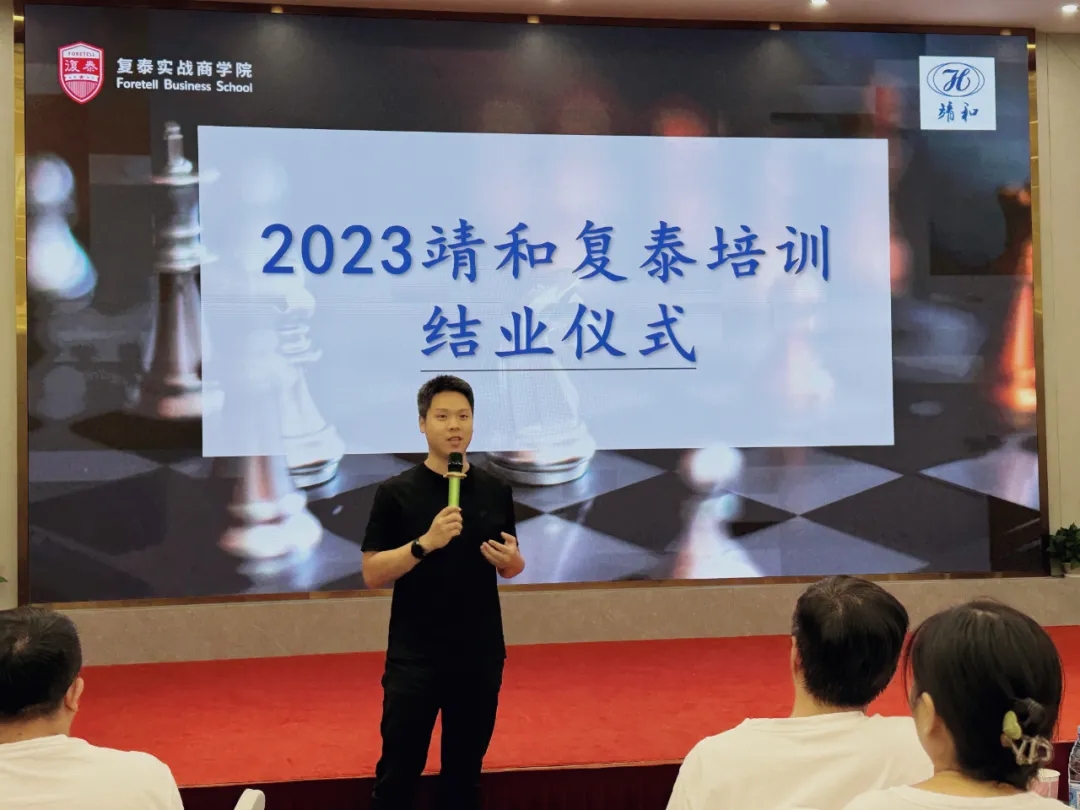
Through systematic training courses, we have gained knowledge, friendship and, more importantly, growth. It is hoped that everyone can apply the knowledge they have learned to their actual work, constantly improve their professional skills, and contribute their own strength to the business capacity building, talent team building, system building and other work of Jinghe. At the same time, I also hope that everyone can continue to maintain their enthusiasm for learning, constantly improve their comprehensive qualities, and strive to achieve their personal career development goals.